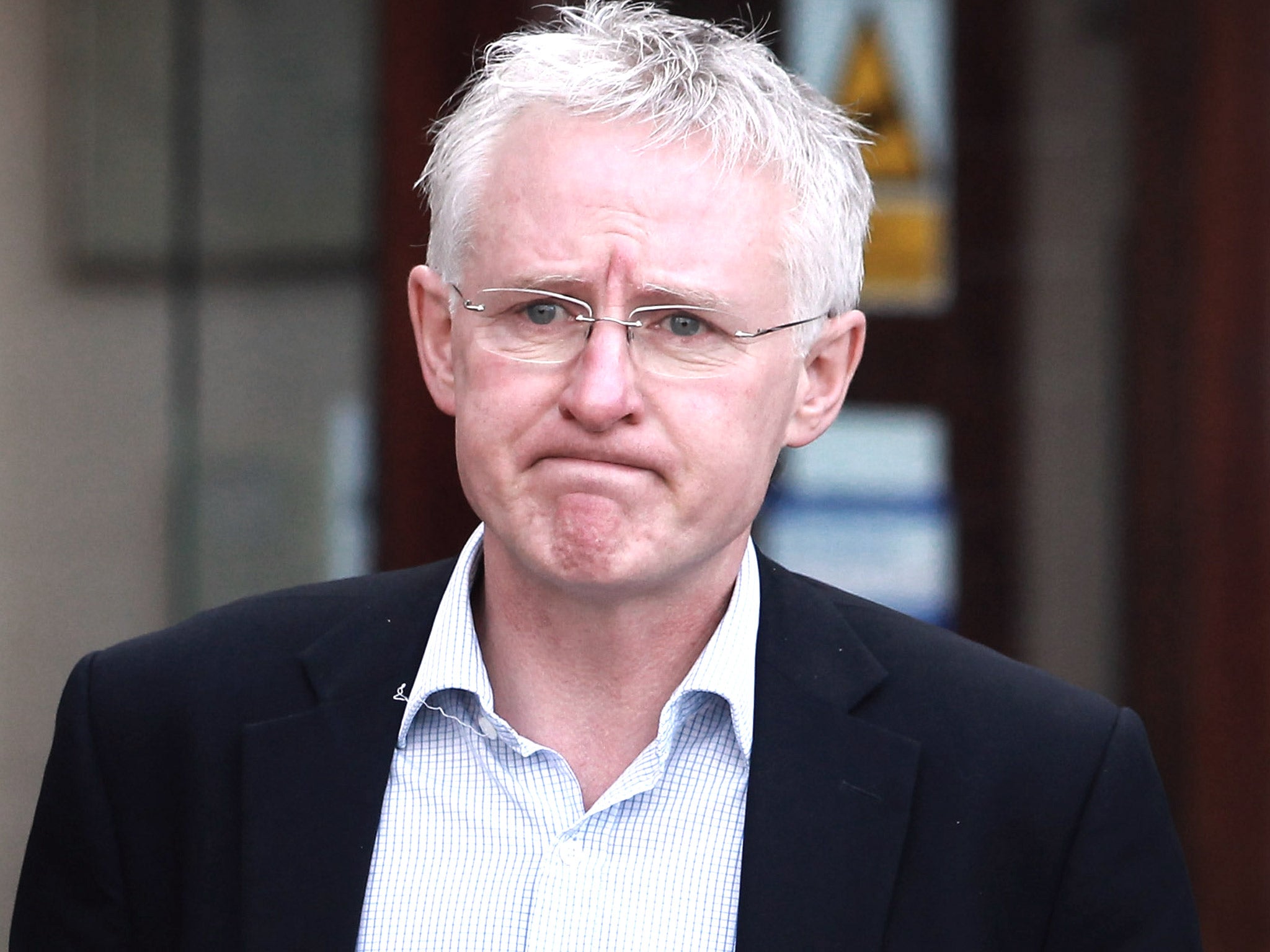System for looking after elderly people is dysfunctional and getting worse, says care minister

The Government's Care and Support Minister minister Norman Lamb has warned that the way the elderly are cared for is "dysfunctional" and that it is "getting worse" as the population ages.
The Liberal Democrat said: "This is a new challenge - people with chronic conditions living for more years. If we don't adjust things for their needs, the system will collapse.
"At the moment disproportionately a large chunk of the NHS budget goes on old people and long-term illness. We can no longer afford to throw money at problems.
"It's a dysfunctional system and as people get older, that system is getting worse."
He announced plans to integrate health and social care by 2018 when he spoke at an event organised by the King's Fund think tank.
He said co-ordination between the two will lessen the number of people stuck in hospital beds and help elderly people.
"People don't want health care or social care, they just want the best care," Mr Lamb said.
"This is a vital step in creating a truly joined up system that puts people first.
"Mid Staffordshire reminds us hospitals under pressure can be a matter of life and death.
"We can't afford to let this to continue. Powering on regardless isn't an option. To do nothing is disastrous. The system will collapse in future years."
A Department of Health spokesman said that at present "inadequate co-ordination" between hospital and social care staff leads to some older patients facing "long waits" before being discharged.
He said other elderly people are discharged from hospital to homes which are not adapted to their needs - which leads to them deteriorating or falling and ending up back in A&E.
Michelle Mitchell, charity director general of Age UK, said: "Waiting in hospital needlessly not only wastes NHS resources but it can also undermine an older person's recovery and be profoundly upsetting for them and their families as a result.
"We are very worried that the growing crisis in social care is having a significant impact on the length of time that older people are having to stay in hospital waiting for social care support to be put in place.
"The steep rise in the length of time people are waiting for a care home place, home care or adaptations - significantly above the general rise in delayed discharge waits - suggests that something has gone seriously wrong in the transition from hospital to home or residential care during the time when we know social care spending has fallen dramatically.
"We need the Care Support Bill to be twinned with both an emergency injection of funds to shore up the current system and a long-term commitment to finding sufficient resources to make sure that every older person gets the care they need, when they need it."
Chris Ham, chief executive of the King's Fund, said: "To meet the needs of an ageing population and transform services for the growing number of people with long-term conditions, it is essential that co-ordinating care and support becomes the core business of everyone working in the NHS and social care.
"So, today's announcement is an important statement of intent from the Government and the organisations signed up to the shared commitment on integrated care and support.
"The NHS and social care face huge challenges - addressing financial pressures and improving quality of care in the short term, and meeting the challenges posed by demographic change and changing health needs in the long term. This demands new thinking and radical changes to services."
PA
Join our commenting forum
Join thought-provoking conversations, follow other Independent readers and see their replies
Comments